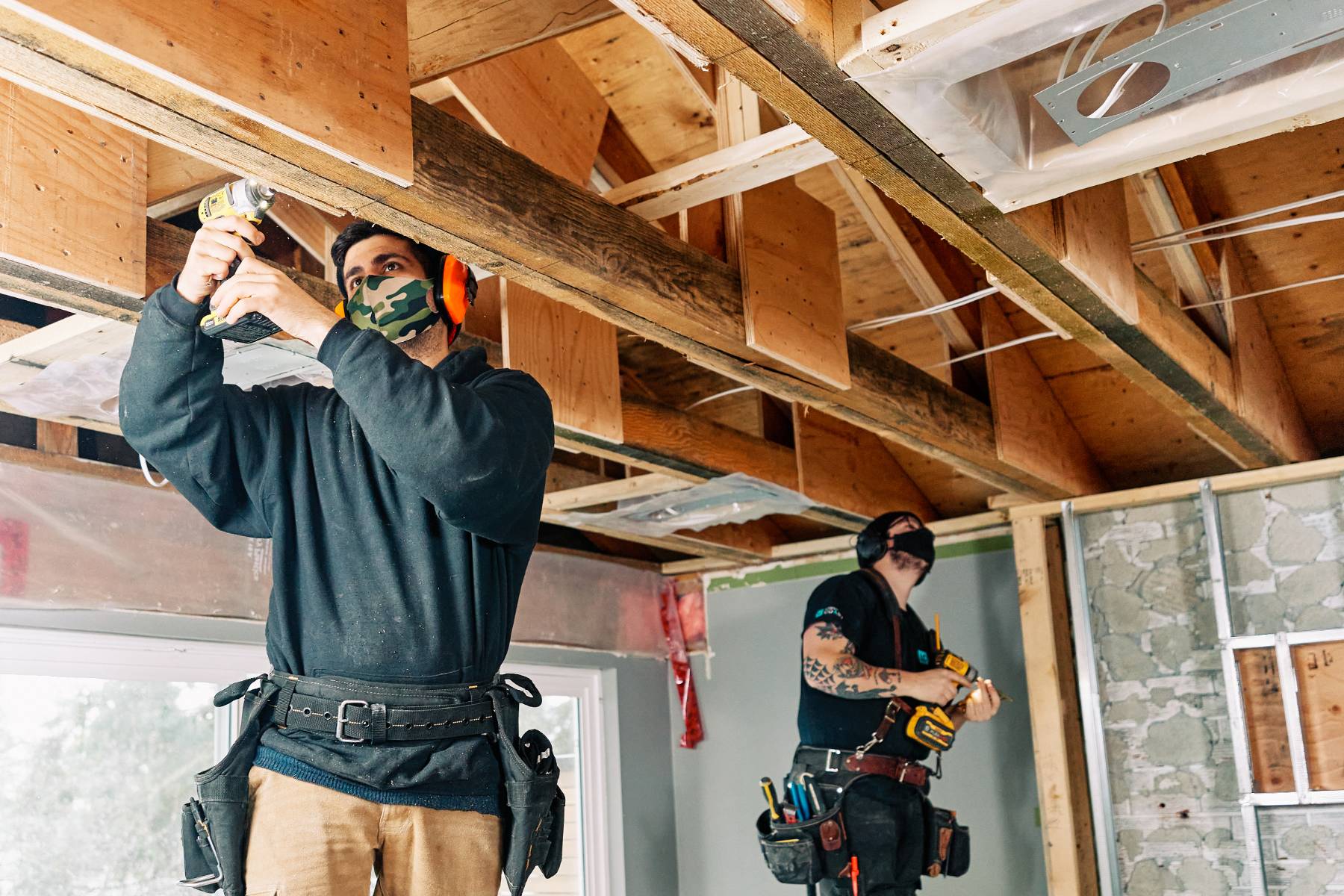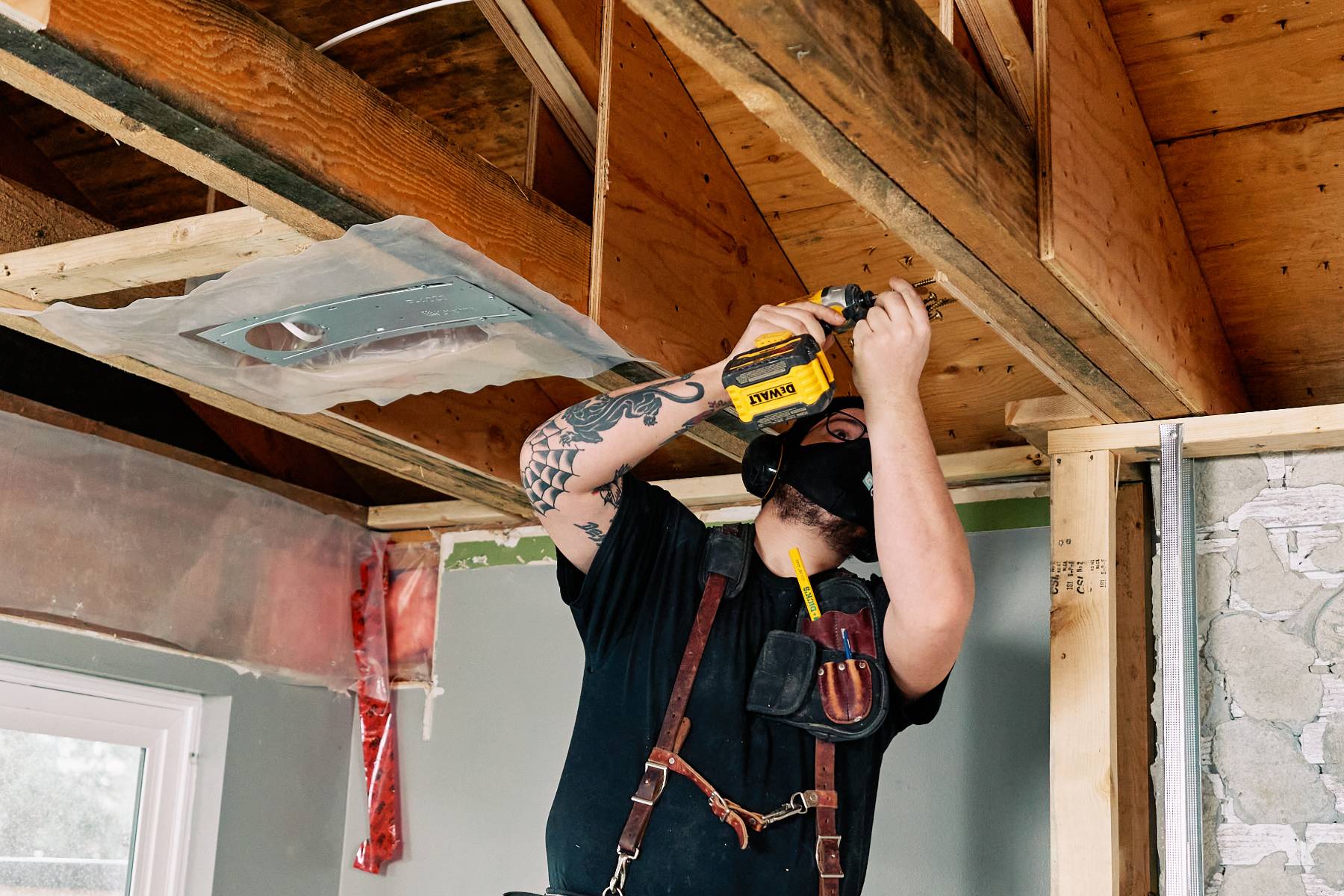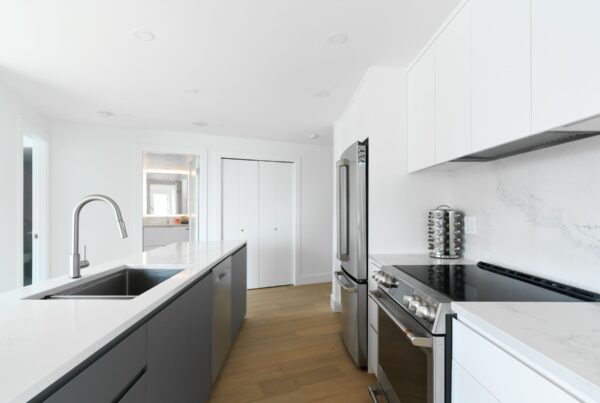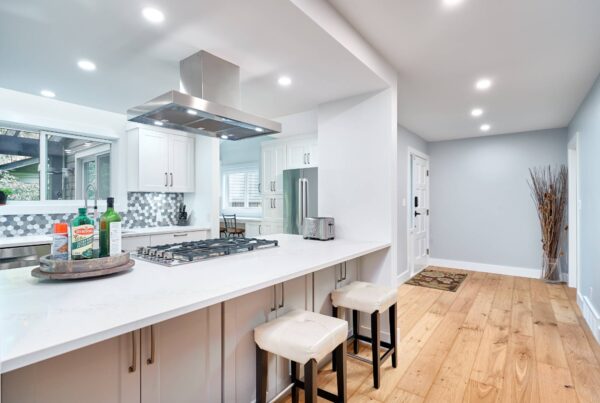In today’s fast-paced business world, commercial renovations are a common occurrence as companies strive to stay competitive and adapt to evolving market trends. However, the environmental impact of these renovations is often overlooked. In this comprehensive guide, we will explore various strategies and practices to ensure that commercial renovations not only meet business objectives but also contribute to a sustainable and eco-friendly future.
Sustainable Materials Selection for Commercial Renovations
When embarking on a commercial renovation project, the choice of materials plays a pivotal role in determining its environmental impact. Opting for sustainable materials is not only responsible but also economically sound in the long run. Bamboo, reclaimed wood, and recycled metal are excellent choices that not only lend a unique aesthetic but also contribute to a reduced carbon footprint. Additionally, investing in materials with high recycled content is a practical step toward sustainability.
Energy-Efficient Design Strategies in Commercial Renovation Projects
Energy consumption is a significant concern in commercial buildings. Implementing energy-efficient design strategies during renovations can substantially reduce the environmental impact. Incorporating natural lighting, utilizing energy-efficient appliances, and adopting smart climate control systems are effective ways to enhance energy efficiency. These not only contribute to a greener environment but also lead to long-term cost savings for businesses.
The Role of Green Building Certifications in Commercial Renovations
Green building certifications, such as LEED (Leadership in Energy and Environmental Design), are essential tools for ensuring that a commercial renovation project aligns with sustainable practices. These certifications provide a framework for implementing eco-friendly design, construction, and operation standards. Achieving such certifications not only showcases a commitment to environmental responsibility but can also enhance a company’s reputation in the market.
Minimizing Construction Waste: Best Practices for Eco-Friendly Renovations
Construction waste is not only a financial burden but also poses a severe threat to our environment. The extraction and production of raw materials for construction contribute to deforestation, habitat destruction, and increased carbon emissions. To address this issue, businesses undertaking commercial renovations must adopt a comprehensive waste reduction strategy. Beyond merely disposing of debris, implementing a waste management plan ensures that materials are sorted, recycled, or repurposed whenever possible.
Moreover, reusing materials is a cornerstone of eco-friendly renovations. Salvaging items like doors, windows, or fixtures not only reduces the demand for new resources but also adds a touch of character to the renovated space. Companies can collaborate with local salvage yards or donate reusable materials to community projects, fostering a sense of corporate responsibility and community engagement. By incorporating these practices, businesses not only contribute to a circular economy but also set an example for sustainable construction practices within their industry.
Harnessing Renewable Energy Sources in Commercial Renovations
The transition to renewable energy sources is a pivotal step in aligning commercial renovations with sustainable practices. Solar panels, for instance, offer a clean and inexhaustible energy source that can significantly reduce a building’s carbon footprint. Beyond the environmental benefits, the installation of solar panels can lead to substantial long-term cost savings through reduced energy bills.
Wind turbines are another promising avenue for businesses committed to green renovations. By harnessing wind power, companies can generate clean electricity on-site, reducing dependence on traditional grid sources. Geothermal systems, which tap into the Earth’s natural heat, provide an energy-efficient solution for heating and cooling commercial spaces. While the upfront costs may seem daunting, government incentives and the decreasing prices of renewable technologies make these investments increasingly viable for businesses seeking a sustainable future.
Water Conservation Measures for Environmentally Friendly Renovation Projects
Water scarcity poses a significant threat to ecosystems and communities worldwide, underscoring the urgency of incorporating water conservation measures in commercial renovations. Beyond the immediate benefits of water savings, these practices contribute to a broader global effort to mitigate the impact of climate change. Installing low-flow fixtures, such as faucets and toilets, not only reduces water usage but also leads to lower utility costs for businesses over time.
Rainwater harvesting systems further exemplify a sustainable approach, utilizing nature’s bounty to meet non-potable water needs within the renovated space. By adopting efficient irrigation practices, businesses can curtail excess water usage in landscaping, fostering a culture of conscientious resource management that resonates positively with clients and stakeholders.
Integrating Smart Technologies for Energy Optimization in Renovations
In the contemporary landscape of commercial renovations, the integration of smart technologies emerges as a game-changer in optimizing energy consumption. Building automation systems act as the nerve center, coordinating various aspects like lighting, heating, and cooling to operate in sync with occupancy and environmental conditions.
Sensor-based lighting controls not only enhance energy efficiency but also create a dynamic and responsive workspace, catering to the evolving needs of occupants. Smart HVAC systems take energy optimization a step further, adjusting temperature and ventilation based on real-time data, ensuring comfort while minimizing energy waste. By embracing these innovations, businesses not only reduce their carbon footprint but also position themselves at the forefront of a tech-driven, sustainable future.
As companies increasingly prioritize environmental responsibility, the seamless integration of smart technologies becomes a hallmark of their commitment to both efficiency and ecological well-being.
Biodiversity and Landscaping Considerations in Commercial Renovation Planning
Commercial renovations offer a unique opportunity to enhance biodiversity through thoughtful landscaping. Incorporating green roofs, native plantings, and wildlife-friendly habitats can contribute to the restoration of local ecosystems. Businesses can create not only aesthetically pleasing outdoor spaces but also play a role in supporting biodiversity conservation efforts within urban environments.
Transform Your Space, Transform Your Impact: Choose Lower Coast Building Group for Sustainable Commercial Renovations!
As you embark on your journey towards a sustainable and eco-friendly commercial space, let Lower Coast Building Group be your trusted partner in this transformative endeavor. Our team is dedicated to guiding you through every step of the renovation process, ensuring that your project aligns with the highest standards of environmental responsibility. Promoting a greener future for your business starts with conscious decisions today. Contact us to explore how our expertise in commercial renovation, sustainable materials, energy-efficient designs, and green certifications can not only elevate your workspace but also contribute to a healthier planet. Together, let’s build a sustainable legacy for your business and the environment. Contact us now to take the first step towards a greener, more sustainable future.











